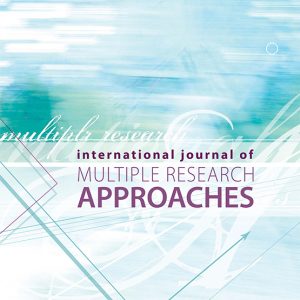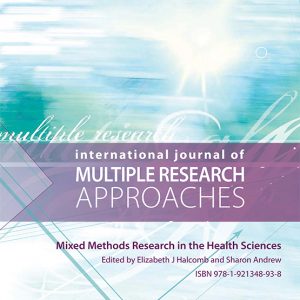5(1).03. Where there is no gold standard: Mixed method research in a cluster randomised trial of a tool for safe prioritising of patients by medical receptionists
$30.00
Description
Where there is no gold standard: Mixed method research in a cluster randomised trial of a tool for safe prioritising of patients by medical receptionists
SALLY J HALL
Australian National University Medical School, Rural Clinical School, Canberra, ACT, Australia
CHRISTINE B PHILLIPS
Australian National University Medical School, Canberra, ACT, Australia
PHILLIP GRAY
Australian National University Medical School, Canberra, ACT, Australia; Southern General Practice Network, Moruya, NSW, Australia
AMANDA BARNARD
Australian National University Medical School, Canberra, ACT, Australia
KYM BATT
Australian National University Medical School, Canberra, ACT, Australia; Southern General Practice Network, Moruya, NSW, Australia
ABSTRACT
Medical receptionists have been shown to play a key role in general practice as the first point of contact for patients. They frequently make decisions about appointment allocation which effectively prioritise access to medical care, but may have limited tools or structures to assist them with this. We report the methods of a study evaluating a customisable tool (POPGUNS – Prioritisation of Patients: A Guide for Non-clinical Staff ) to support safe prioritisation of patients. This paper reports methodological challenges in a study of this nature where contamination of the study population is an early complication, no current gold standard exists to define safe triaging, contextual differences between practices lead to inter-practice variation, and proxy outcomes (improvement in receptionist response to written scenarios of varying urgency) are used. We have attempted to respond to these challenges by: observing the determinants of inter-practice variation; developing a multi-member panel to constitute appropriate standards for practices; and monitoring self-reported prioritisation decisions by practice receptionists through the use of simulated patients.
Keywords: general practice, medical receptionist, urgency, cluster randomised trial, evaluation, appointment making


